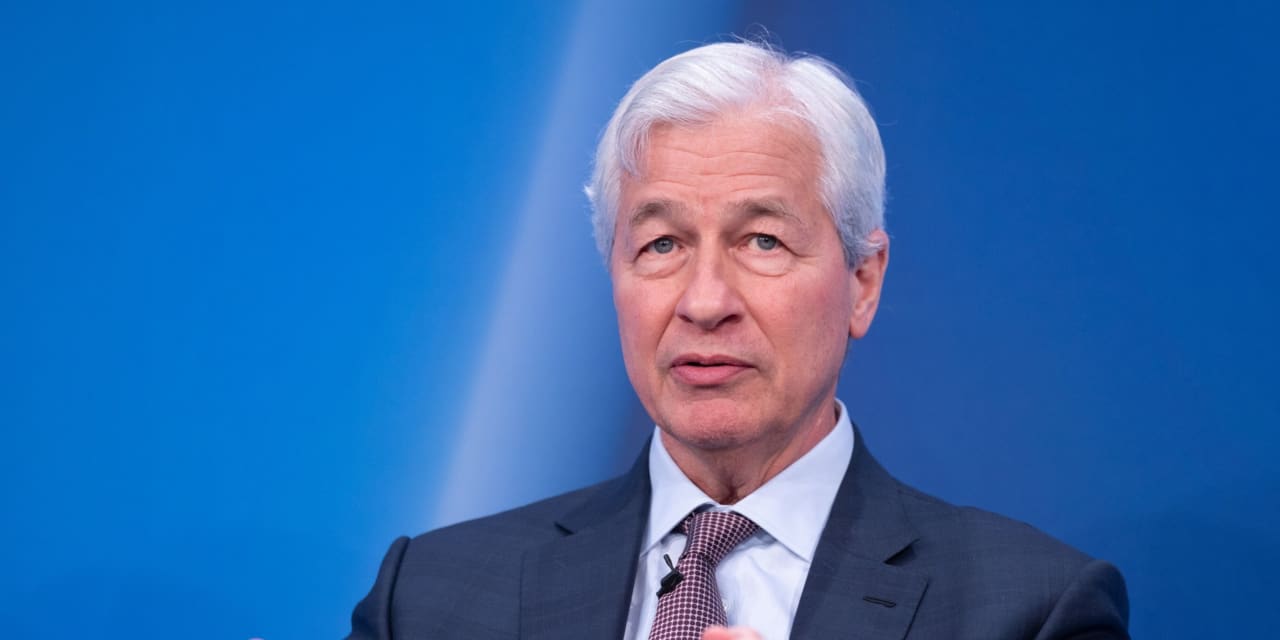Tougher regulations on lenders will have dire consequences for the economy, including trickle-down effects on mortgage lending and other types of loans, CEOs from eight of the largest U.S. banks said in testimony before Congress Wednesday.
In a hearing that lasted more than three hours, bank CEOs including
JPMorgan Chase’s
Jamie Dimon and
Bank of America’s
Brian Moynihan painted a dire picture if new capital requirements known as “Basel III” take hold. Proponents of the standard say that Basel III will make the U.S. financial system safer, partly by requiring banks to hold more capital buffers against losses in loans and securities. But bank executives warned of “trickle down” effects on the economy if the new standard is enacted as proposed.
“It has much more impact than people think,” Moynihan warned. “If you have the same capital requirements increase by 20%, to do the exact same activities that you did yesterday, you have to get a higher return. That higher return will be borne by the customer base, or you’ll have to leave the business. Either one of those is not good for the customer base.”
Bank CEOs also warned that customers could turn to alternative sources of financing like private equity and credit firms, which are less transparent and may have fewer risk controls than banks.
“When regulation like this has taken hold, you can see substantial migration outside of the regulated banking system,” said
Wells Fargo
CEO Charlie Scharf.
The big banks have been in regulatory crosshairs for years, appearing frequently before the Senate Banking Committee to discuss industry issues and defend their practices. The Basel III framework is perhaps their biggest concern now, as lawmakers and regulators aim to bolster the banking system’s stability following the collapse of Silicon Valley Bank and other banks this spring.
Whether the Basel III rules are necessary is a source of contentious debate. The largest lenders, with more than $250 billion in assets, have long been regulated as global systemically important banks, or GSIBs, subjecting them to rigorous annual stress tests and stiffer capital rules than banks with far less assets. Banks with more than $100 billion in assets are now being subjected to stiffer rules too.
Some industry advocates say the current capital requirements should suffice. “The GSIBs have acted as a source of strength during the Covid-19 pandemic and the banking turmoil of 2023, facilitating credit to consumers and businesses of all sizes and providing billions in deposits to
First Republic Bank
to help stem contagion within the banking industry,” Kevin Fromer, CEO of Financial Services Forum, an advocacy group representing the eight largest banks, wrote Tuesday.
Bank executives also took the opportunity to rail against the Federal Reserve’s stress tests—an annual exercise in which banks have to prove their durability under various downturn scenarios.
“It’s a big black box. So we all agree, stress testing that thing is just out of control,” Dimon said Wednesday, adding the test is 200,000 pages long, and comes on top of the 50 or so tests banks already run weekly.
In addition to Scharf, Moynihan, and Dimon, CEOs from the other GSIBs testified:
Citigroup’s
Jane Fraser,
Goldman Sachs
Group’s David Solomon,
Morgan Stanley’s
James Gorman, State Street’s Ronald O’Hanley, and
Bank of New York Mellon’s
Robin Vince.
Dimon, who heads the largest U.S. bank by assets, has been especially critical of the Basel III proposal, arguing there is zero evidence large banks are undercapitalized. He said the new rules could increase capital requirements on large banks by as much as 25%, which would constrain the banks’ ability to lend to households and businesses.
While the Basel III proposal was the focus of Wednesday’s proceedings, lawmakers and bankers also discussed consumer-finance issues, cryptocurrencies, and artificial intelligence.
Write to Carleton English at [email protected]
Read the full article here




